Leigh Syndrome Life Expectancy
Leigh syndrome life expectancy. Individuals who lack mitochondrial complex IV activity and those with pyruvate dehydrogenase deficiency tend to have the worst prognosis and die within a few years. A very small number of individuals with Leigh syndrome live beyond 10 years of age. The age of onset is on average 5 months and the median age of death is 1 year and 7 months.
13 months 80 of whom were. Those diagnosed with Leigh-like syndrome or who did not display symptoms until adulthood tend to live longer. It may be inherited on the X female chromosome as a genetic deficiency of an enzyme called pyruvate dehydrogenase complex PDH-Elx.
43 rows Treatment is based on the symptoms present and depends on the type of. Leigh syndrome is a severe neurological disorder that usually becomes apparent in the first year of life. The outlook for someone who suffers from Leighs Disease is not good.
The life expectancy for patients with Leighs Disease is a year after symptoms start. While life expectancy depends on the cause of Leigh syndrome in each person most do not survive past mid-childhood or adolescence 9. Individuals who lack mitochondrial complex IV activity and those with pyruvate dehydrogenase deficiency tend to have the worst prognosis and die within a few years.
A muscle biopsy revealed that Emily had Leigh syndrome a mitochondrial condition that affects the brain. Life expectancy for children diagnosed with Leigh syndrome usually exceeds no more than two or three years. Leigh syndrome was first reported in the medical literature in 1951The term Leigh Syndrome represents a clinical constellation of symptoms and characteristic MRI pattern and can occur due to many metabolic and genetic causes of which mitochondrial disorders are the most common.
Emily however proved to be an exception. We report two siblings born 3 years apart with prenatal findings including facial dysmorphia oligohydramnios intrauterine growth restriction and premature delivery. Patients with first symptoms before 6 months had a highly increased risk of mortality.
The majority of previously reported patients had the Leigh syndrome with a median life expectancy of approximately 2 years. Leigh syndrome in adolescents or adults may occur in people who have Leigh syndrome who survive into adulthood in people with a late onset of symptoms or in people who experience spontaneous recovery.
The life expectancy for patients with Leighs Disease is a year after symptoms start.
Children usually develop this genetic disease from months after birth to 2 years of age. Leigh syndrome is a severe neurological disorder that usually becomes apparent in the first year of life. Children usually develop this genetic disease from months after birth to 2 years of age. A genetic disorder that causes Leighs disease can be inherited in three different ways. A muscle biopsy revealed that Emily had Leigh syndrome a mitochondrial condition that affects the brain. Those with partial deficiencies have a better prognosis and may live to be 6 or 7 years of age. The majority of previously reported patients had the Leigh syndrome with a median life expectancy of approximately 2 years. The life expectancy for patients with Leighs Disease is a year after symptoms start. Emily however proved to be an exception.
Individuals who lack mitochondrial complex IV activity and those with pyruvate dehydrogenase deficiency tend to have the worst prognosis and die within a few years. The prognosis for Leighs Disease is poor. 43 rows Treatment is based on the symptoms present and depends on the type of. It may be inherited on the X female chromosome as a genetic deficiency of an enzyme called pyruvate dehydrogenase complex PDH-Elx. The outlook for someone who suffers from Leighs Disease is not good. Those diagnosed with Leigh-like syndrome or who did not display symptoms until adulthood tend to live longer. Individuals who lack mitochondrial complex IV activity and those with pyruvate dehydrogenase deficiency tend to have the worst prognosis and die within a few years.


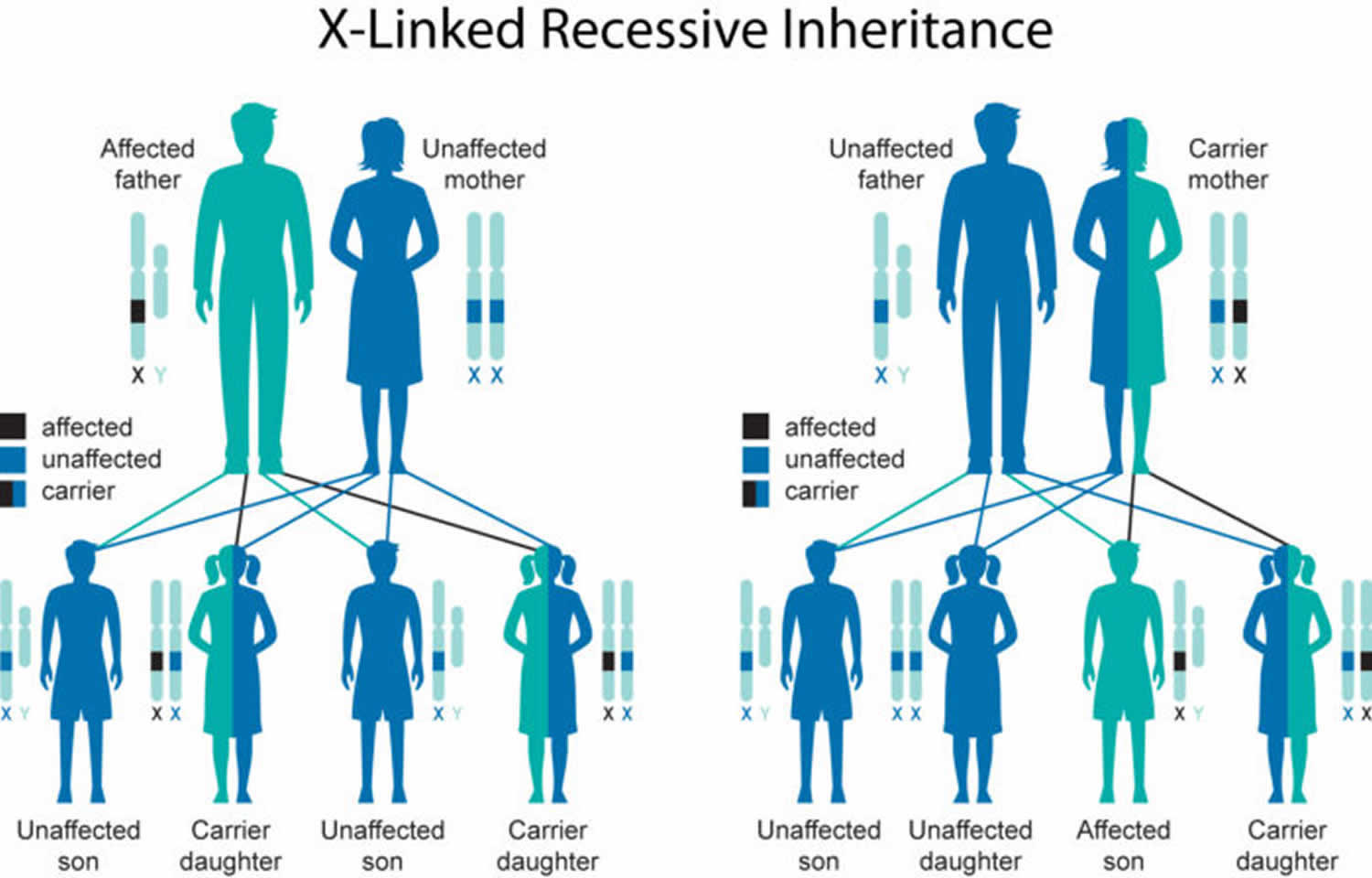
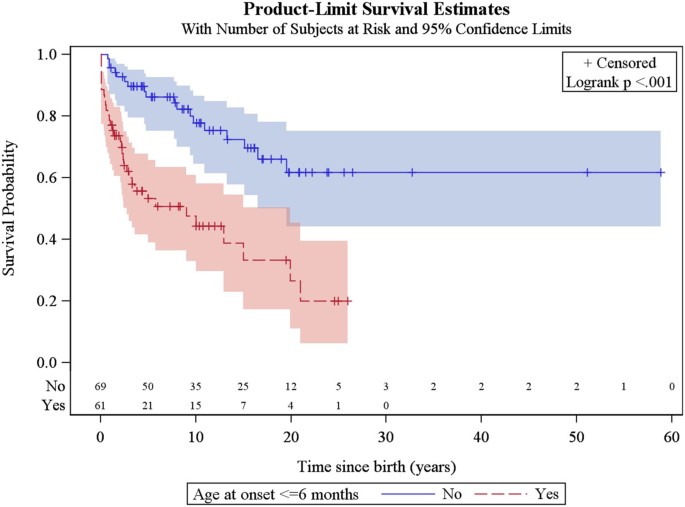


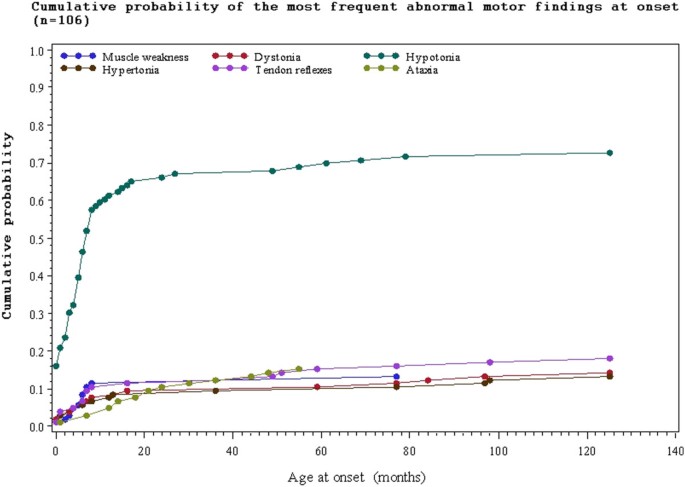



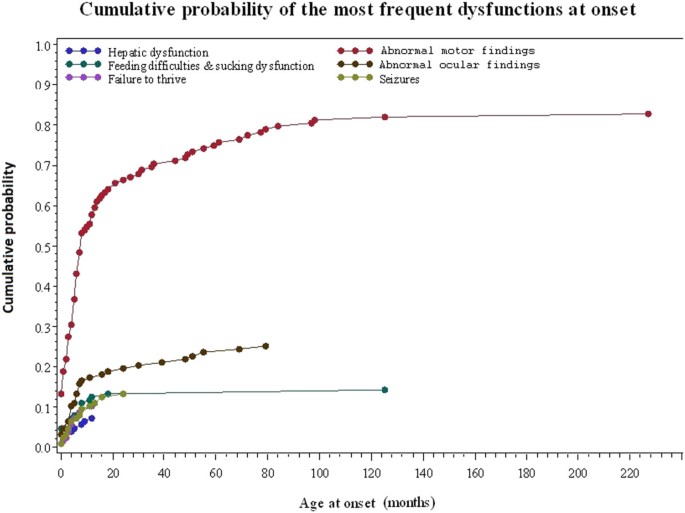



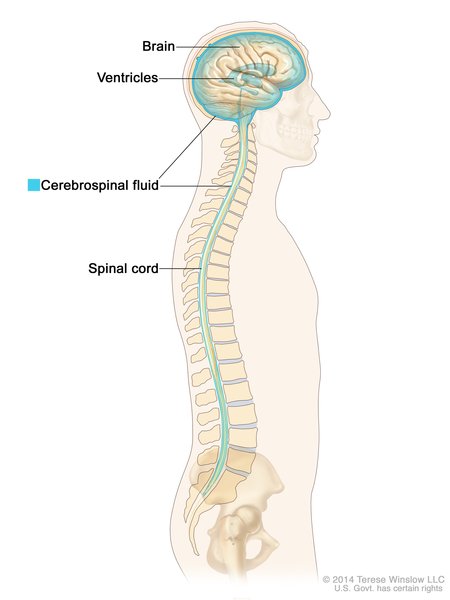
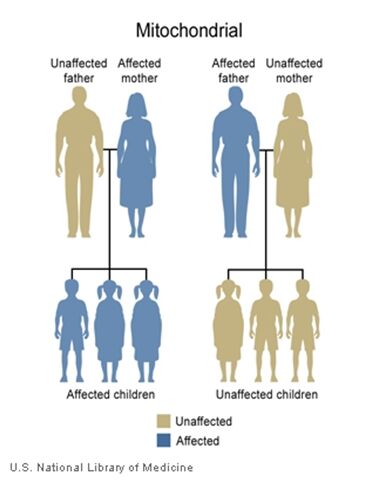













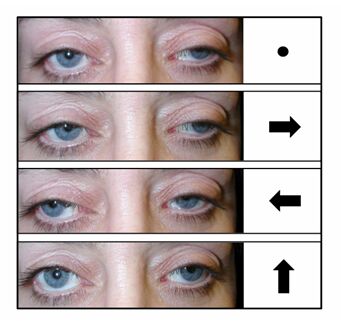



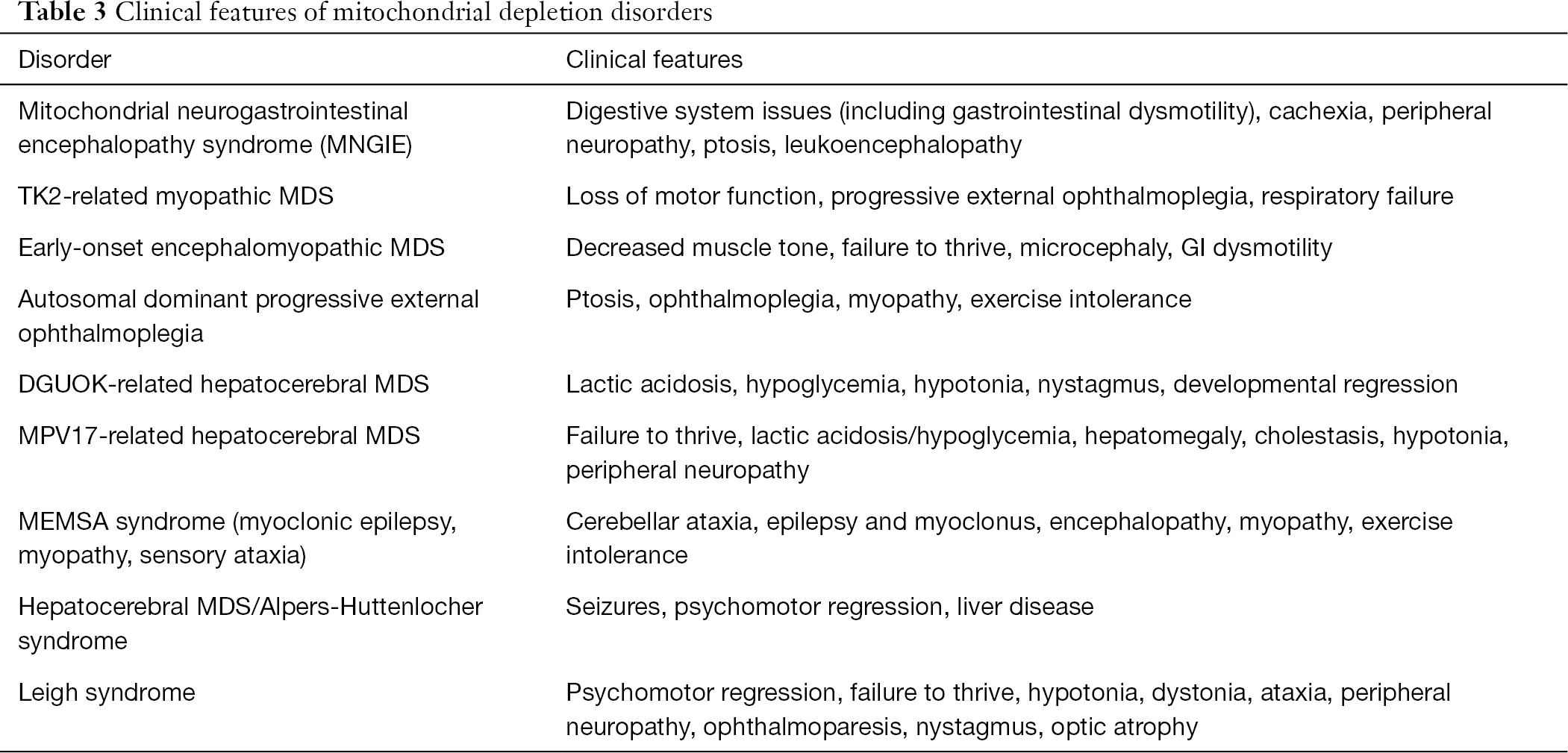





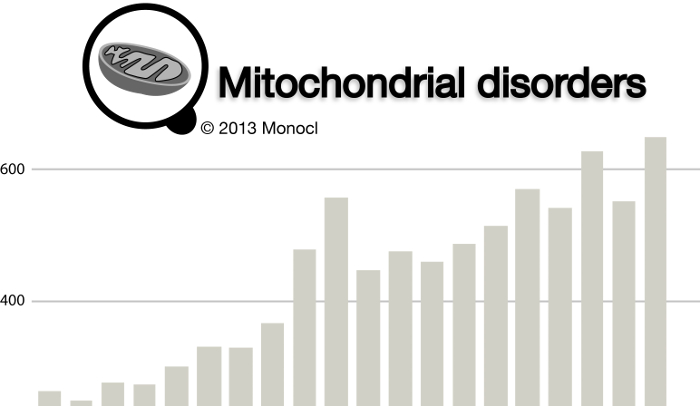





Post a Comment for "Leigh Syndrome Life Expectancy"